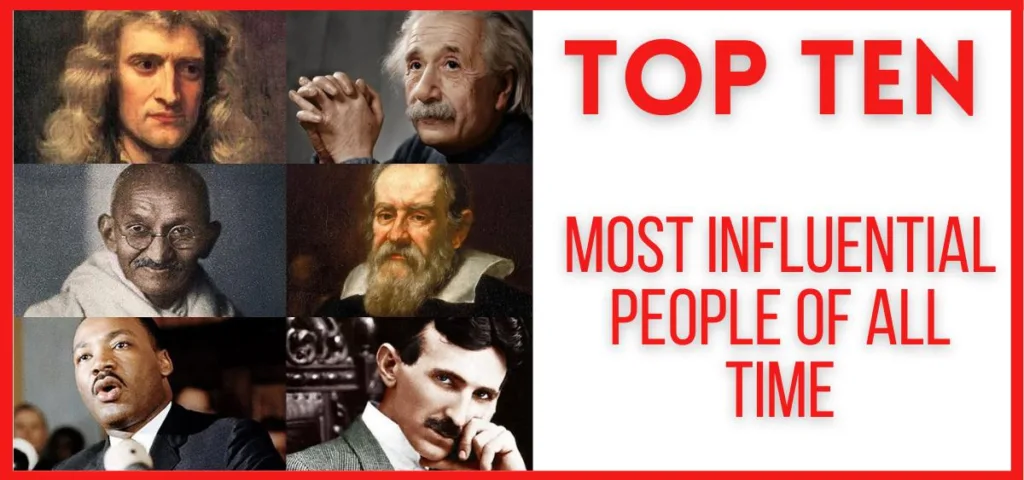Embarking on a journey through the pages of history, the Top 10 Most Influential People of All Time stand as beacons of transformation, leaving an indelible mark on the world. Among them, Leonardo da Vinci, the Renaissance polymath, dazzles with artistic brilliance and visionary inventions, while Marie Curie’s groundbreaking work in science radiates influence, shaping our understanding of radioactivity.
Nelson Mandela’s resilience and forgiveness dismantled apartheid, uniting a nation, while Queen Elizabeth II, the longest-reigning monarch, symbolizes adaptability and stability. Steve Jobs, a technological pioneer, revolutionizes communication through Apple, and Mahatma Gandhi’s nonviolent resistance sparks global change. Reflecting on their lives, it’s evident that these influential figures have not just shaped history but continue to inspire and guide generations, their legacies echoing through time.
Also, read: Ten Things You Didn’t Know About Marie Curie
The Pantheon of Power: Top 10 Most Influential People of All Time
Embark on a captivating journey through the annals of history as we delve into the lives of the Top 10 Most Influential People of All Time. From visionaries who changed the world with their inventions to leaders who shaped nations, this article unveils the profound impact these individuals had on humanity.
1. Johann Gutenberg
Born in Mainz in 1398, Johann Gutenberg wasn’t just a blacksmith; he was an architect of knowledge. While movable type had seen glimpses in Asia, Gutenberg revolutionized Europe with his printing press in 1440. Imagine a world where Bibles took years to hand-copy and knowledge was a luxury of the elite. Gutenberg democratized information, churning out the first mass-produced book, the Gutenberg Bible, in 1455.
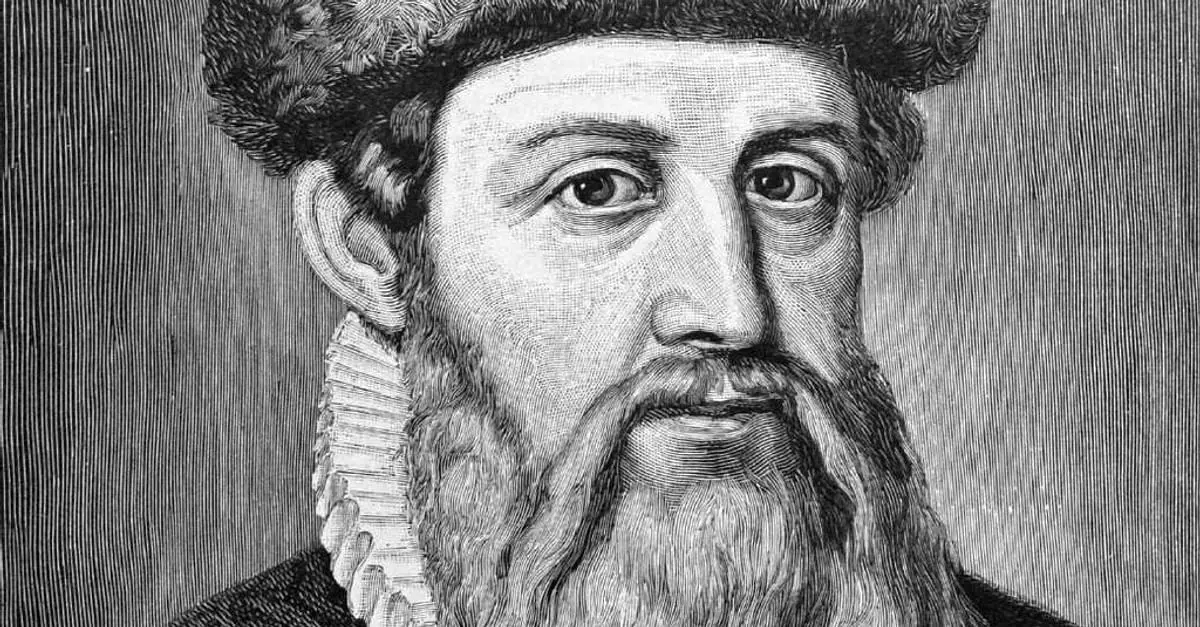
His ingenious invention of metal, movable type, ink, and the press itself unleashed a torrent of ideas, fueling the Renaissance, Reformation, and beyond. Literacy soared, knowledge transcended borders, and Gutenberg’s legacy, like the words he imprinted, remains an indelible mark on the human story.
2. Isaac Newton
Isaac Newton, born in 1643, stands as a titan among the most influential figures in human history. His genius left an indelible mark on our understanding of the physical world, shaping fields as diverse as physics, mathematics, astronomy, and optics. Newton’s most celebrated achievements include:
- Formulating the laws of motion and universal gravitation: These fundamental principles laid the groundwork for classical mechanics, explaining the behavior of objects in motion and revolutionizing our comprehension of the cosmos.
- Inventing calculus: This powerful mathematical tool enabled scientists to analyze change and motion with unprecedented precision, opening doors to groundbreaking discoveries in diverse fields.
- Unraveling the nature of light: Through his experiments with prisms, Newton demonstrated that white light is composed of a spectrum of colors, laying the foundation for modern optics and our understanding of light’s behavior.
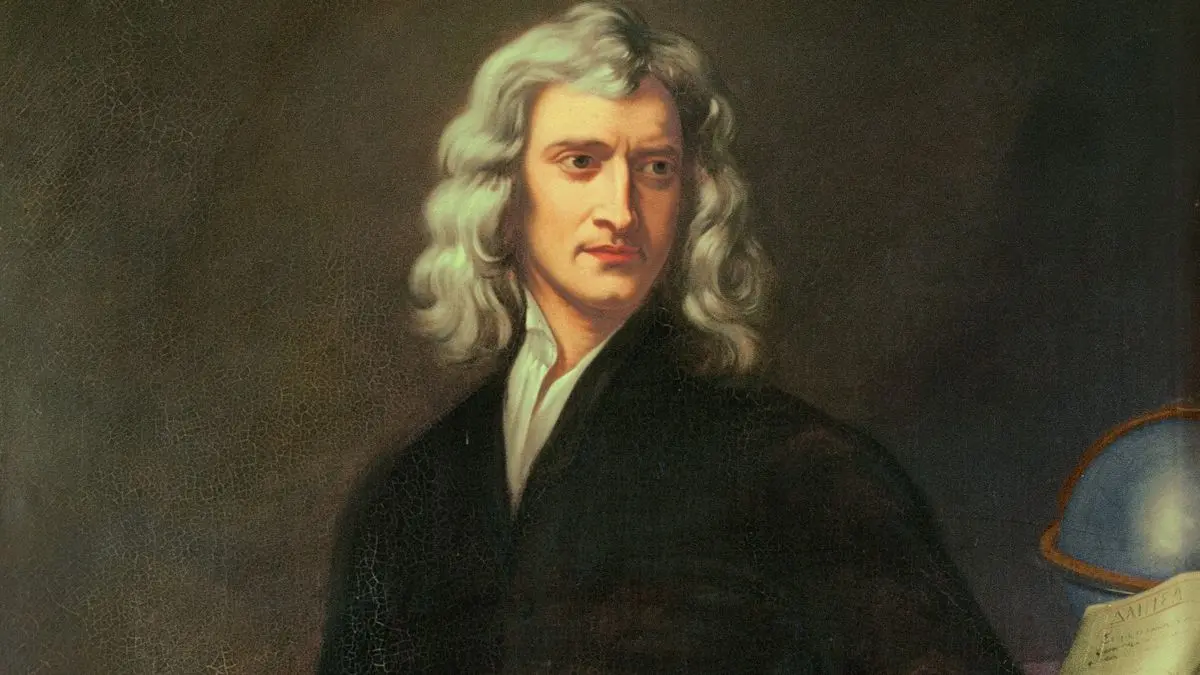
Beyond his specific inventions and discoveries, Newton’s influence lies in his methodology. He championed a rigorous, empirical approach to scientific inquiry, emphasizing observation, experimentation, and mathematical analysis. This scientific method became the cornerstone of modern science, guiding countless researchers and shaping our pursuit of knowledge ever since.
Also, read: Ten Things That Make Taylor Swift So Popular
Newton’s impact transcends the scientific realm. His work challenged long-held beliefs about the universe and our place within it, paving the way for a more enlightened and rational worldview. His intellectual rigor and pursuit of truth continue to inspire generations of scientists, thinkers, and anyone who dares to question and explore the mysteries of the universe.
3. Albert Einstein
Albert Einstein, with his tousled hair and piercing gaze, stands as a titan of science, his name synonymous with genius. Born in Ulm, Germany, in 1879, his early struggles blossomed into groundbreaking discoveries that reshaped our understanding of the universe.
In his “miracle year” of 1905, 26-year-old Einstein unleashed a torrent of revolutionary ideas. He explained the photoelectric effect, earning him the Nobel Prize in 1921, and introduced the world to the Special Theory of Relativity, forever altering our perception of space, time, and the relationship between matter and energy with his iconic equation E=mc2.
Einstein’s intellectual journey didn’t stop there. A decade later, he unveiled the General Theory of Relativity, painting a magnificent portrait of gravity as a curvature of spacetime—a concept still awe-inspiring a century later. His work laid the foundation for countless scientific advancements, from GPS technology to our understanding of black holes and the origins of the universe.
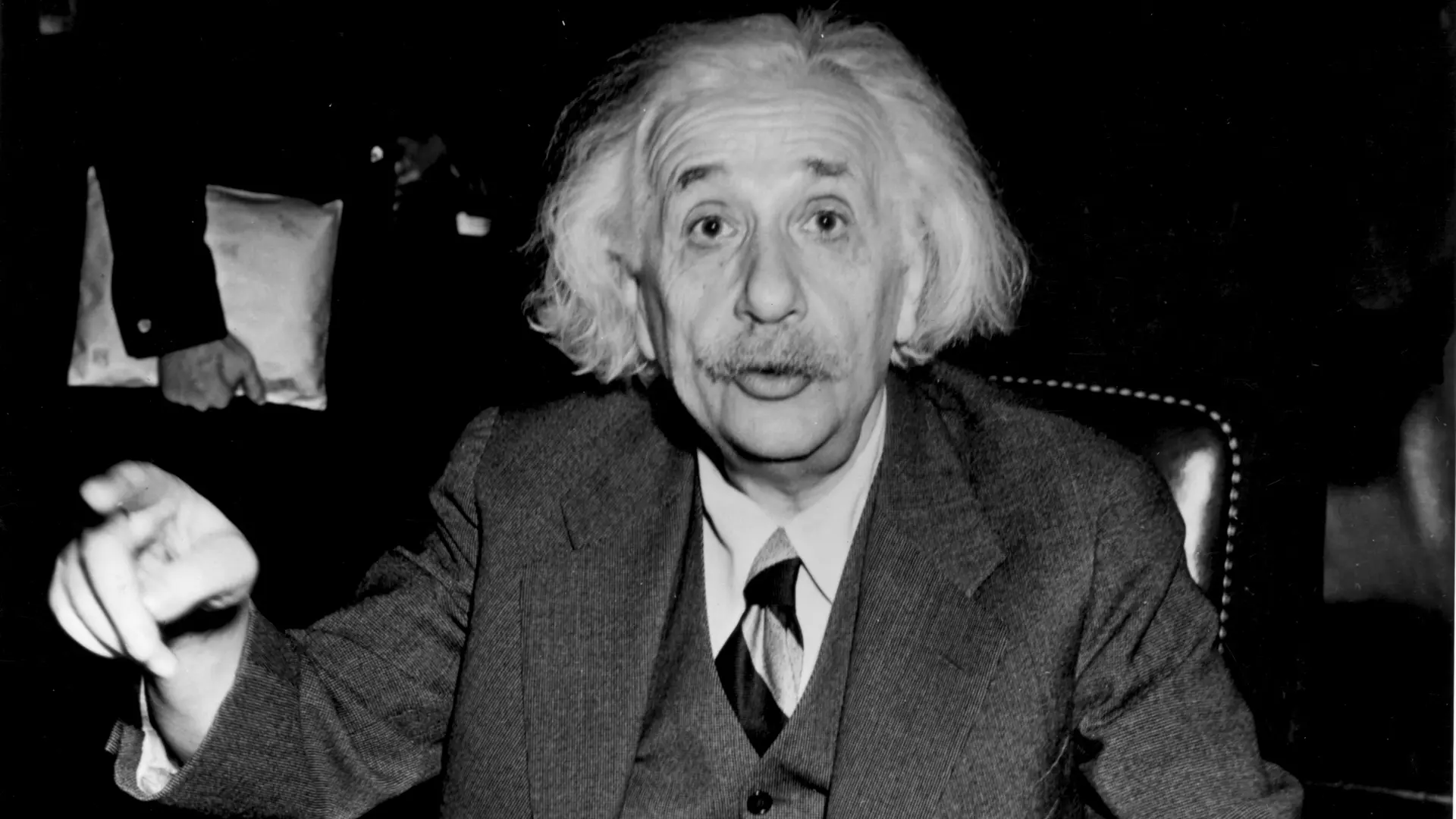
Beyond his scientific prowess, Einstein was a passionate advocate for peace and social justice. He spoke out against war and championed civil liberties, reminding the world that scientific brilliance must be tempered with human compassion.
Also, read: Top 10 Most Famous People in the USA
4. Marie Curie
Born on November 7, 1867, Marie Curie’s groundbreaking research on radioactivity revolutionized our understanding of the invisible world. Her dedication to science, marked by two Nobel Prizes, continues to inspire generations, and her discoveries have had profound applications in medicine, energy, and beyond.
Curie’s pioneering work led to the discovery of polonium and radium, forever changing the fields of physics and chemistry. She developed innovative techniques for isolating radioactive elements, overcoming immense challenges with limited resources, and facing discrimination as a woman in science.
Curie’s commitment extended beyond the lab. During World War I, she developed mobile X-ray units, earning her the nickname “Madame Curie.” These “Little Curies” saved countless lives by allowing battlefield medics to diagnose injuries quickly and effectively.
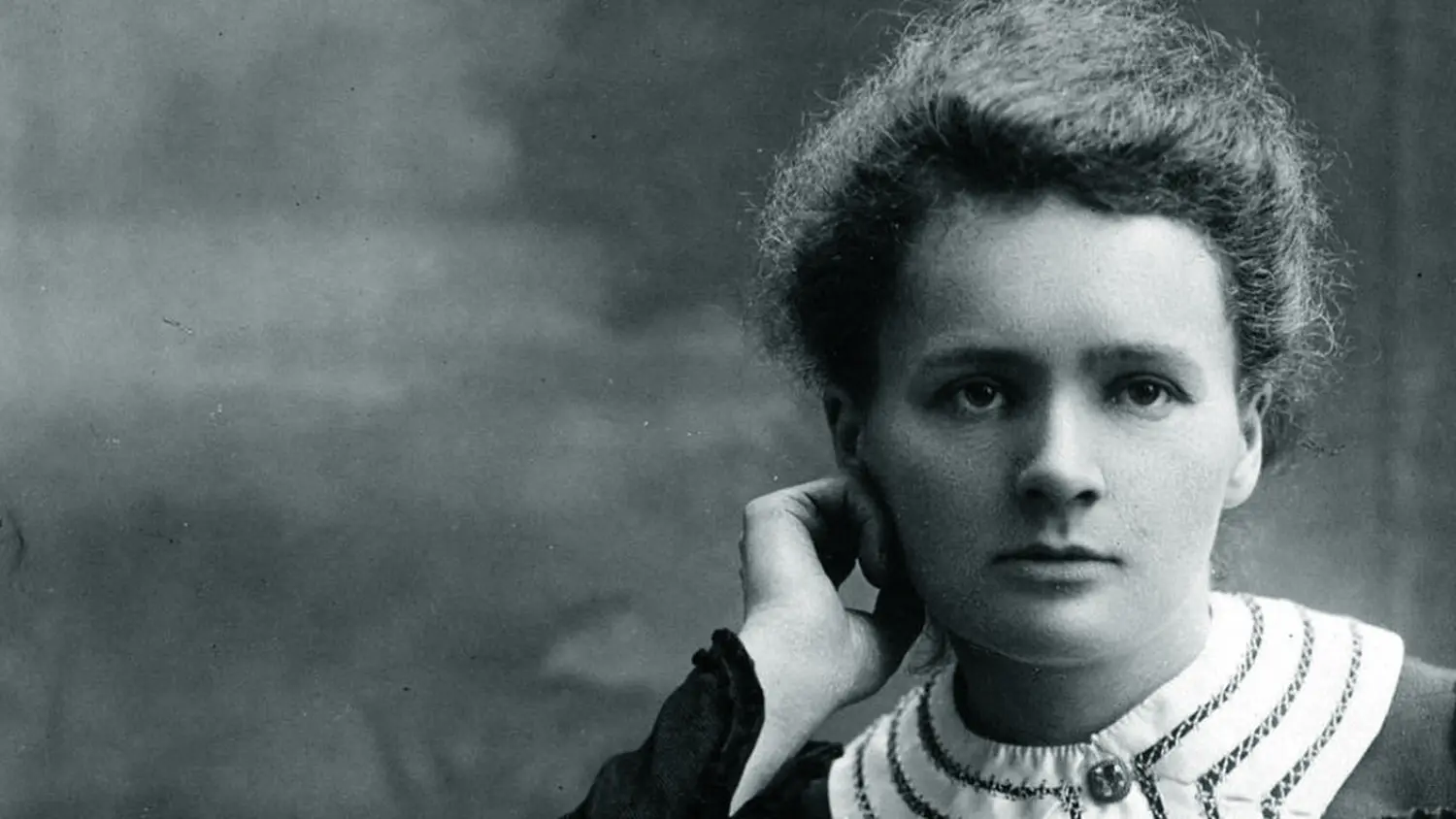
Marie Curie’s legacy is a testament to the power of curiosity, perseverance, and a relentless pursuit of knowledge. Her influence transcends scientific advancements, serving as a beacon for inclusivity and reminding us of the transformative potential of scientific discovery.
Inventions:
- Polonium was discovered in 1898 and named after Curie’s native Poland.
- Radium was discovered in 1898 and used in medical treatments and research.
- Mobile X-ray units, developed during World War I, revolutionized battlefield medicine.
5. Socrates
Though he left no written words himself, Socrates stands as a titan of philosophical influence. Born in Athens in 470 BC, this “gadfly” relentlessly questioned assumptions, probed definitions, and challenged Athenians to examine their own beliefs. His method, the Socratic dialogue, used probing inquiries to expose contradictions and spark critical thinking, earning him the title “midwife of knowledge.” He never claimed to possess wisdom, instead guiding others to uncover their inner truths. This relentless pursuit of intellectual clarity and ethical living earned him both admiration and suspicion.
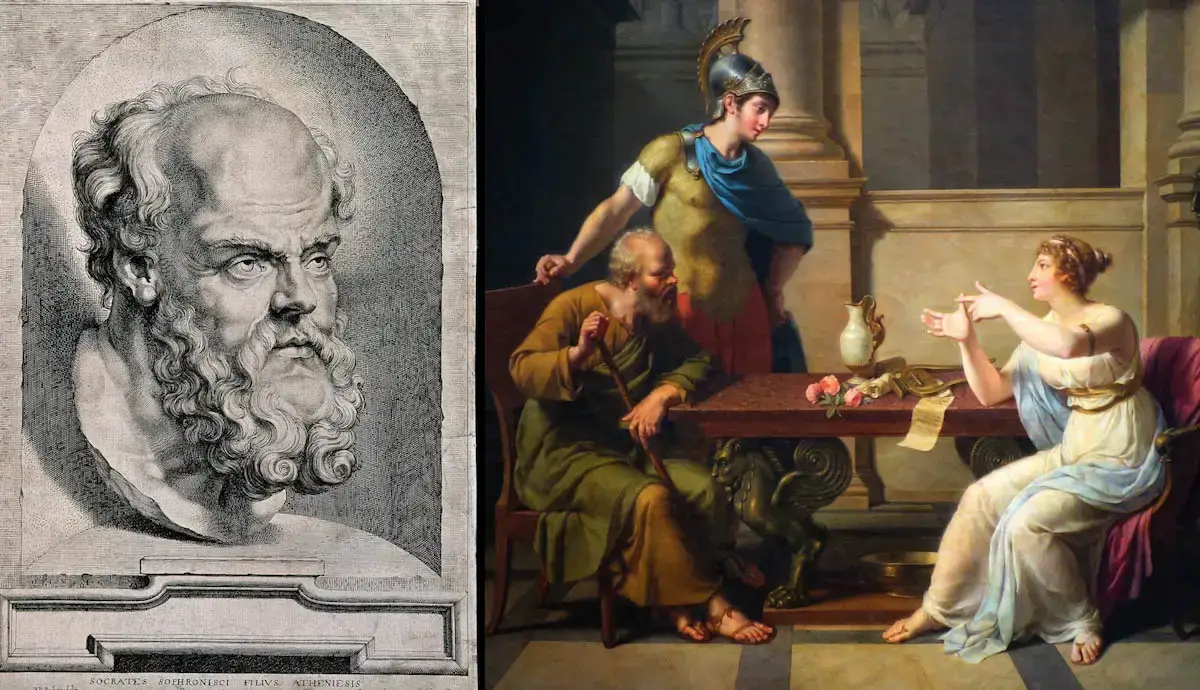
Accused of corrupting youth and impiety, he was sentenced to death in 399 BC. Unflinching, he drank hemlock rather than compromise his principles. Socrates’ influence ripples through Western thought, evident in fields like logic, ethics, and education. His legacy is not in pronouncements but in the enduring power of his questions, forever urging us to think critically and seek our inner wisdom.
Note: While Socrates didn’t invent anything in the traditional sense, the Socratic Method is considered a significant contribution to the field of education and philosophy.
Also, read: Top 10 Most Popular Musicians In The World
6. William Shakespeare
Born in Stratford-upon-Avon, England, in 1564, William Shakespeare is widely regarded as the greatest writer in the English language and the world’s preeminent dramatist. Though not an inventor in the traditional sense, Shakespeare’s contributions to language, literature, and theater are nothing short of revolutionary.
- Invented: Countless Words and Phrases Still Used Today
Shakespeare’s masterful use of language expanded the English vocabulary by inventing countless words and phrases still in common use today, such as “antic,” “bedroom,” and “bloodletting.” He also popularized the sonnet form, a 14-line poem with a specific rhyme scheme, and helped shape the development of English theater.
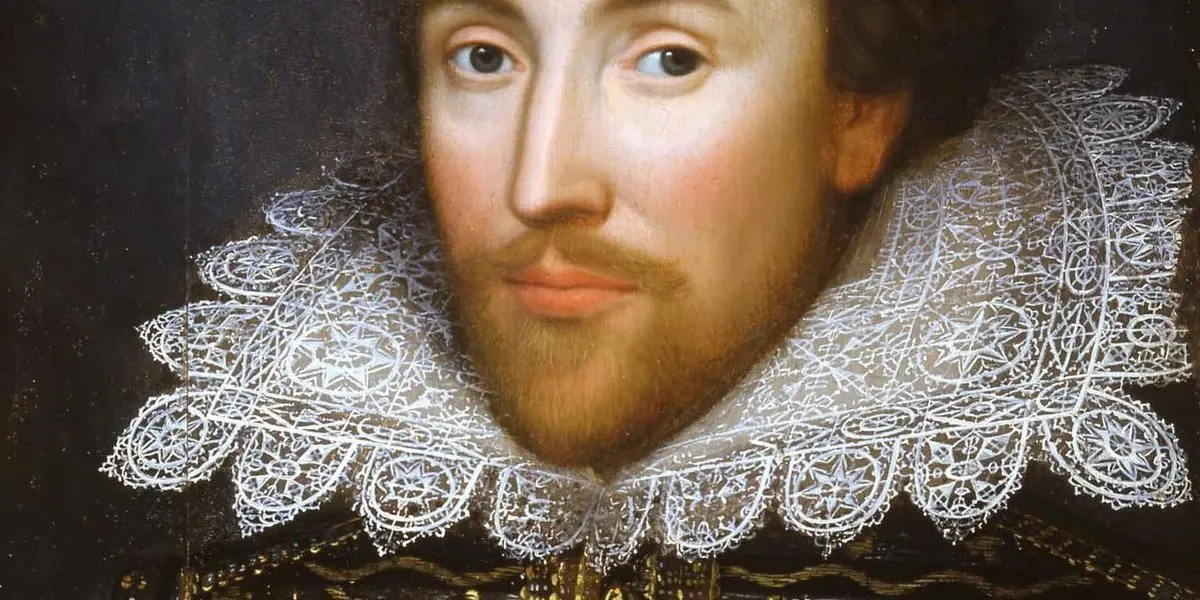
- Timeless Plays Performed and Studied Worldwide
Shakespeare’s timeless plays, like Hamlet, Romeo and Juliet, and Macbeth, continue to be performed and studied worldwide. These works explore complex themes of love, loss, betrayal, and redemption, offering profound insights into the human condition that resonate with audiences across centuries and cultures.
- Influenced by Numerous Writers and Artists
Shakespeare’s influence on literature and theater is immeasurable. His works have inspired countless writers and artists, from Charles Dickens and Leo Tolstoy to Bob Dylan and Baz Luhrmann. His legacy continues to shape the creative landscape, making him a truly deserving member of any list of the most influential people of all time.
7. Mahatma Gandhi
Mohandas Karamchand Gandhi, better known as Mahatma Gandhi, was born in Porbandar, India, on October 2, 1869. Though not credited with any specific inventions, Gandhi’s legacy lies in his revolutionary philosophy of Satyagraha—the unwavering commitment to non-violent resistance for achieving social and political change.
Gandhi’s influence transcended the borders of his native India. He led the country’s struggle for independence from British rule, employing civil disobedience and mass protests to challenge colonial oppression. His message of truth, non-violence, and self-reliance resonated with millions, not just in India but across the globe.
Gandhi’s methods inspired countless freedom movements, including those led by Martin Luther King Jr. in the United States and Nelson Mandela in South Africa. His unwavering belief in the power of peaceful resistance continues to be a beacon of hope for activists and advocates fighting for justice and equality around the world.
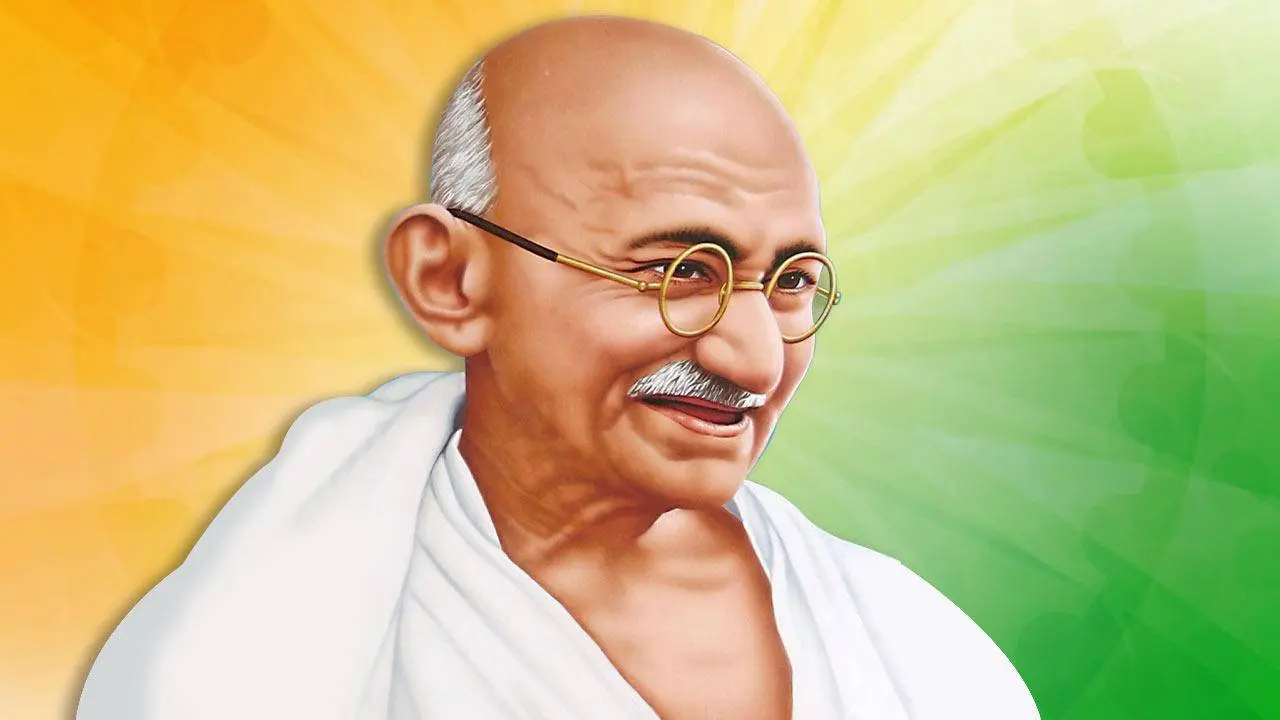
Here are some additional details that you might find interesting:
- Gandhi’s early experiences in South Africa, where he faced discrimination and injustice against Indians, played a pivotal role in shaping his philosophy of Satyagraha.
- Throughout his life, Gandhi was imprisoned numerous times for his activism, but he never wavered in his commitment to non-violent resistance.
- Gandhi’s assassination in 1948 by a Hindu nationalist was a tragic loss, but his message of peace and unity continues to be a powerful force for good in the world.
Also, read: The Top 10 Richest Celebrity Chefs in the World
8. Martin Luther King Jr.
Born on January 15, 1929, Martin Luther King Jr. wasn’t an inventor in the traditional sense, but his nonviolent activism and unwavering belief in racial equality revolutionized American society. As the face of the Civil Rights Movement, King’s powerful speeches and unwavering commitment to nonviolent resistance inspired millions to fight for justice and dignity.
King’s most notable “inventions” were his strategies for dismantling segregation and discrimination. He masterfully wielded boycotts, marches, and civil disobedience, culminating in the iconic 1963 March on Washington, where his “I Have a Dream” speech delivered a powerful message of hope and unity that continues to resonate today.
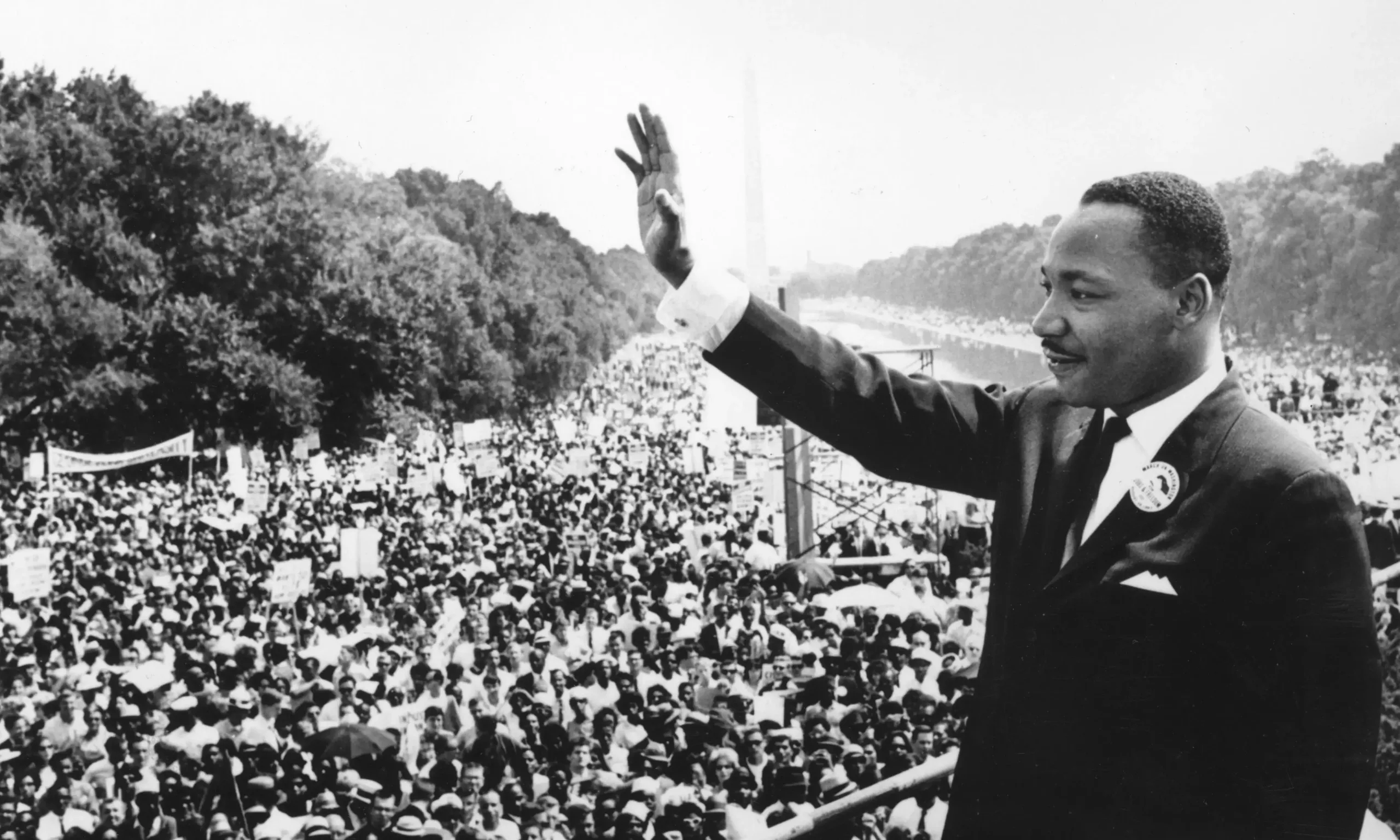
King’s influence extended far beyond the United States. His message of nonviolence and equality resonated with oppressed communities around the world, inspiring countless individuals to fight for their rights. Though tragically cut short by his assassination in 1968, King’s legacy continues to guide the ongoing struggle for racial justice and human rights.
9. Jesus of Nazareth
Born in humble Bethlehem, Jesus of Nazareth became the central figure of Christianity, a religion followed by over 2.4 billion people today. Though no invention bears his name, his teachings on love, forgiveness, and compassion revolutionized human thought and behavior. Through parables and sermons, he challenged social hierarchies, advocated for the marginalized, and emphasized personal responsibility.

His message resonated deeply, sparking numerous religious movements and shaping Western civilization’s moral and ethical landscape. Even non-Christians acknowledge his profound influence on art, literature, and law, making him arguably the most impactful figure in human history. His death and resurrection, central to the Christian faith, offer hope and inspire millions, solidifying his position as a beacon of transformation and a testament to the enduring power of his message.
Also, read: Ten Things You Didn’t Know About Stephen Hawking
10. The Buddha
The founder of Buddhism, Buddha’s exact birthdate is debated; most scholars place it between 563 and 483 BCE. He is not traditionally credited with any inventions in the material sense. However, his invention of philosophy and religion, Buddhism, stands as a monumental contribution to human thought and practice.

Born Siddhartha Gautama, the Buddha’s teachings on the Four Noble Truths and the Eightfold Path offered a revolutionary approach to human suffering. He emphasized compassion, non-violence, and mindfulness, paving the way for spiritual liberation and ethical living. Buddhism’s profound influence on millions for over 2,500 years has shaped ethical practices, social movements, and artistic traditions across Asia and beyond. The Buddha’s legacy is not just one of personal enlightenment but a testament to the transformative power of ideas and the enduring impact of a life dedicated to seeking truth and alleviating suffering.
FAQs on Most Influential People of All Time
Q. What criteria determine the selection of the Top 10 Most Influential People of All Time?
The selection is based on individuals whose contributions had a transformative impact on various fields, leaving an indelible mark on history.
Q. Were there notable contenders who narrowly missed the Top 10 list?
While there are numerous influential figures throughout history, the Top 10 were chosen for the breadth and depth of their impact on humanity.
Q. How did Nelson Mandela’s imprisonment shape his leadership style?
Mandela’s imprisonment fueled his determination for justice and reconciliation, shaping his leadership style with resilience and forgiveness.
Q. What challenges did Marie Curie face as a female scientist in her era?
Curie faced gender bias and discrimination, yet her groundbreaking work eventually earned her international recognition and accolades.
Q. What technological advancements can be directly attributed to Steve Jobs’ influence?
Jobs’ influence is evident in the development of groundbreaking products like the iPhone, MacBook, and iPad, revolutionizing the tech industry.
Q. How did Queen Elizabeth II adapt to the changing dynamics of the modern world during her reign?
Queen Elizabeth II navigated modernization challenges with adaptability, reinforcing the monarchy’s relevance in contemporary times.
Conclusion: The Final Words
In conclusion, the individuals we’ve explored in this list of the Top 10 Most Influential People of All Time have left an indelible mark on human history. From the philosophical musings of Plato to the revolutionary ideas of Einstein, these figures have shaped our understanding of the world, inspired generations, and catalyzed unprecedented progress. Their influence extends far beyond their lifetimes, as their legacies continue to shape our societies, cultures, and technologies.
While this list is by no means exhaustive, it offers a glimpse into the extraordinary individuals who have had a profound impact on the course of human civilization. Whether through their scientific discoveries, artistic creations, political leadership, or philosophical insights, these influential people have left a lasting legacy that will continue to inspire and shape future generations.
Also, read: Top Ten Things You Should Know About Luka Doncic

